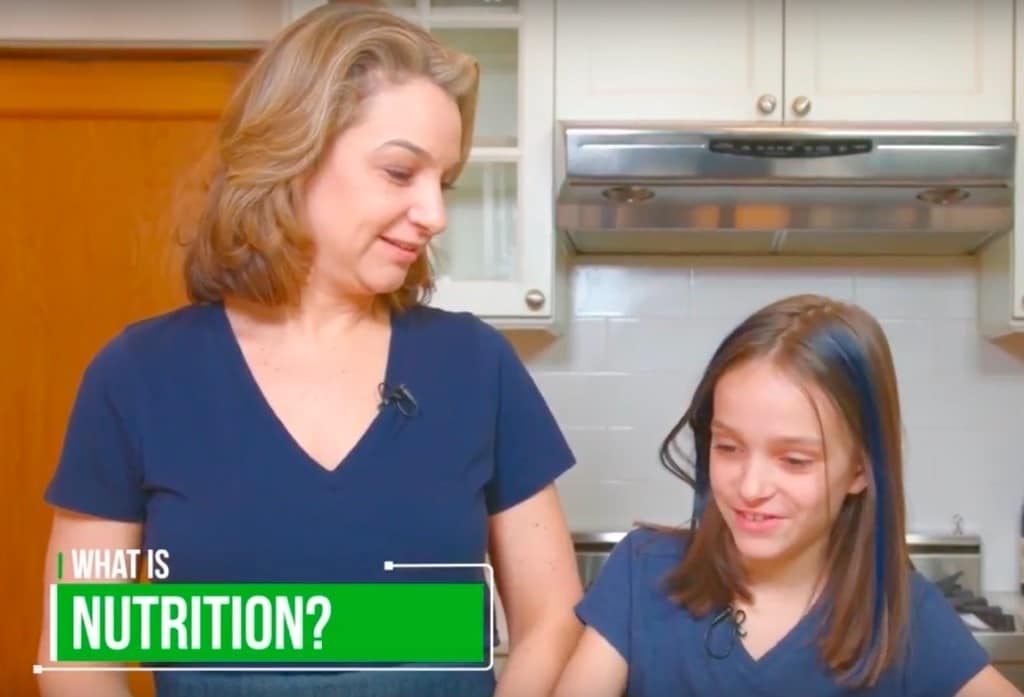Want to help keep your brain in tip-top shape? I hear you! A healthy lifestyle plays a key role in supporting optimal brain health.
While there is certainly more to be learned about brain health nutrition, we know that a healthy diet that includes plenty of vegetables and fruits, whole grains, nuts, seeds, fish, healthy fats and herbs can set the foundation for a healthy body and a healthy brain.
But what special nutrients are best for the brain? When it comes to selecting the top nutrients for the brain, here are the 5 nutrients I think you should include:
Omega-3s
Why You Need Them: Omega-3 fatty acids are important for helping a brain function its best. In fact, research demonstrates that a special fatty acid called docosahexaenoic acid (DHA) may support normal cognitive function with age.1 Thus, adults may support brain function by choosing sources of DHA more often. 2
How You Can Get Them: Opt for a variety of omega-3 rich fish like salmon, anchovies and sardines more often. Try for at least 2-3 servings of fatty fish per week. Look for foods with other healthy fatty acids – like flax, walnuts, chia and hemp seeds – in order to increase your total omega consumption.
Antioxidant Vitamins
Why You Need Them: Foods with antioxidant vitamins and minerals may protect against oxidative stress and its ensuing damage to the brain. 3 While further research needs to be done, some research demonstrates that antioxidant deficiencies in older adults may exacerbate cognitive impairment.3
How You Can Get Them: Meet your daily requirements for antioxidants by choosing more whole vegetables and fruits, which can be excellent sources of antioxidant vitamins A and C. For antioxidant vitamin E and selenium, choose nuts and seeds like almonds and Brazil nuts. At this time, dietary supplementation of antioxidants above the recommended dietary allowance (RDA) levels is not recommended. 3
Vitamin B12 and Folate
Why You Need Them: A lack of these two vitamins may increase blood levels of homocysteine, an amino acid that’s been linked with cognitive impairment, according to some research. 4 Plus, experts say that even though changes in mental status in older adults may often be credited to old age, it could in fact be a subclinical deficiency of vitamin B12 that’s to blame.3
How You Can Get Them: Look to your dark green vegetables for folate, like leafy greens, asparagus, broccoli, Brussels sprouts and avocado. Plant-based proteins like beans, peas and lentils deliver folate, too. For vitamin B12, though, you will need to look to your animal proteins like salmon, sardines, tuna and beef or look to fortified sources like nutritional yeast.
Water
Why You Need It: Water is an important nutrient. In fact, about 75 percent of the weight of your brain is water! When you don’t get enough water – as in the case of dehydration – slight mental impairment can occur. And because many older adults do not meet the daily recommendations for water, emphasizing its importance in the diet is crucial. 3
How You Can Get It: Drink more water, of course! But sometimes this is easier said than done because as we age, we tend to lose our sense of thirst. So, have a glass of water poured and available as your visual cue to drink, drink a glass before every meal and snack, or set alarms on your phone as a reminder to drink up. Then, remember that water-rich foods, like watermelon, lettuce, pineapple, celery and cucumber deliver fluids (as well as other brain enhancing nutrients) to the diet, too!
Phytonutrients
Why You Need It: Beyond vitamins and minerals, plant nutrients called “phytonutrients” act as antioxidants and anti-inflammatory agents in the body. Forgetting where an object is located or where a certain event occurred? That information is part of your “spatial memory” and one class of phytonutrients called polyphenols (like resveratrol) may increase spatial memory performance and activate neuroprotective pathways. 5 Plus, some research demonstrates that consuming flavonoid polyphenols may support cognitive health! 6
How You Can Get It: Want another reason to enjoy your dark chocolate and red wine? Respectful portions of these foods actually help your health since they contain high levels of polyphenols. You can find other polyphenols in your berries – strawberries, blueberries and raspberries – as well as in citrus fruits, red grapes and tea.
What else can you do to help support a healthy brain? Exercise regularly, get enough sleep, manage stress and stay connected socially with the ones you love. Indeed, your lifestyle choices matter when it comes to your health…that’s a no brainer!










